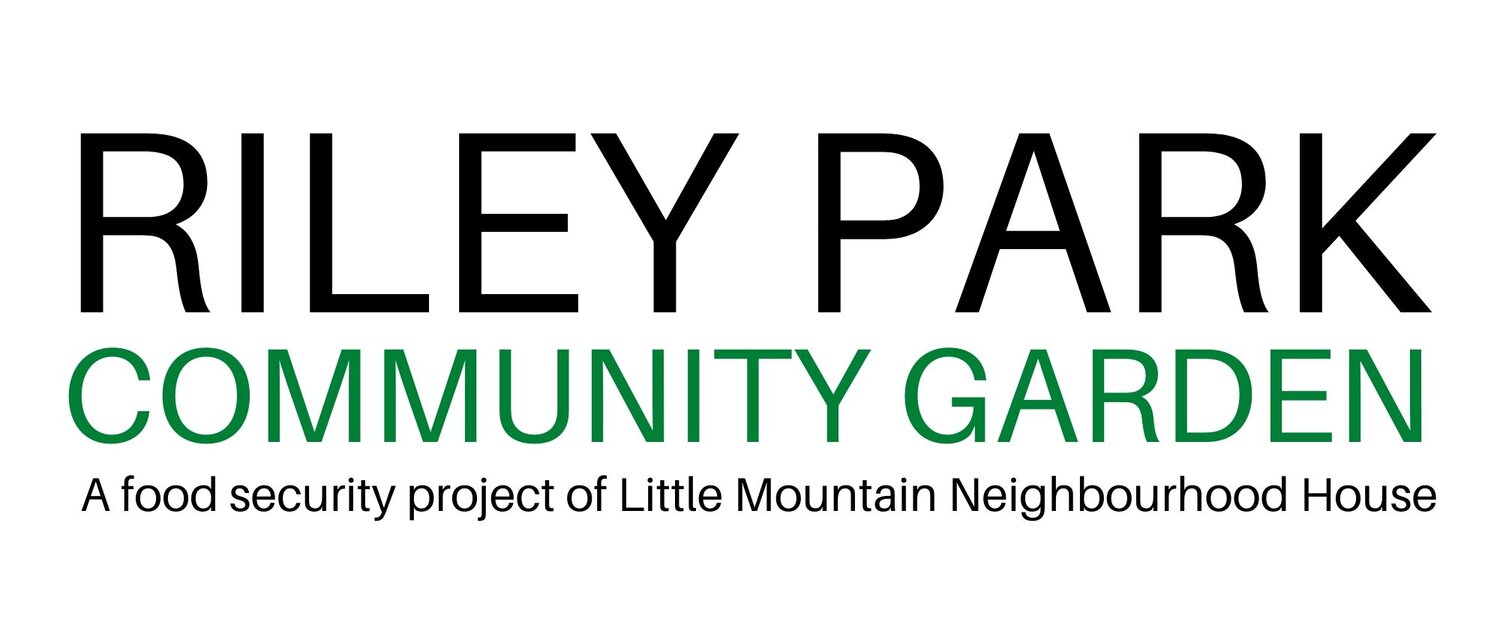Feeding Our Community
The LMNHS Food Hub
The LMNHS Food Hub is our response to increased food insecurity in our community. Our mission is to create a local, community-led, decolonized food system. We aim to reduce food insecurity in our community, and increase access to healthy food in a way that promotes dignity, equity and respect. We are dedicated to providing space to grow food, build community, and care for the lands on which we live, work, and play. Our Food Hub focuses on two priorities in our community: Growing Our Food and Feeding Our Community. Click here to open or download our Food Hub Handbook to learn more about our programs and how you can get involved. Learn more about the Impact of our Food Hub program:
Riley Park Community Garden: 2022 Community Garden Infographic; Click here for how the Riley Park Community Garden responded to Covid 2020 and 2021
Yard Garden Harvest Project: 2023 YGH Impact Report; 2022 YGH Impact Report; Click here for the impact report 2021
Food Distribution: 2022 Food Distribution Impact Report ; Click here for the impact report 2021.
Our Food Support Programs
Growing in our Garden, Yards and With Our Partners: In our Community Garden and Backyards we are growing food, to support our food literacy and food distribution programs. Partnerships with UBC Farm Field School and City Beets Urban Farms provides more local grown produce for our clients in Food Distribution.
Receiving Farmers Market Donations: The 1st Saturday each month is the Farmers Market Donation Station at Riley Park. Shoppers donate $$’s and produce; farmers donate produce at the end of the market day.
Food Distribution program: We feed our community by running a weekly food distribution program. We supplement the Food Bank order with produce from East West Market, the Yard Garden Harvest project, UBC Farm Field School program, City Beets Urban Farm, Food Runners and other food recovery programs. Our priority is to support those who live in the Little Mountain, Riley Park and Sunset catchment areas. If you know of someone who may need fresh produce or if you want to volunteer please email: fooddistribution@lmnhs.bc.ca
Building Collective Food Security Resilience Project
Our toolkit for building collective food resilience version 1 was published in January 2022. We will be updating it as we work through the strategies and get your feedback. Stay up to date by following us on Facebook, Instagram and Twitter. The infographic below is designed as a guide to our collective journey to increased food security. The toolkit document was designed to support you in this work and offer practical examples, resources and tips for implementation. Thank you to the UBC Chapman and Innovation Fund for financing the project.










